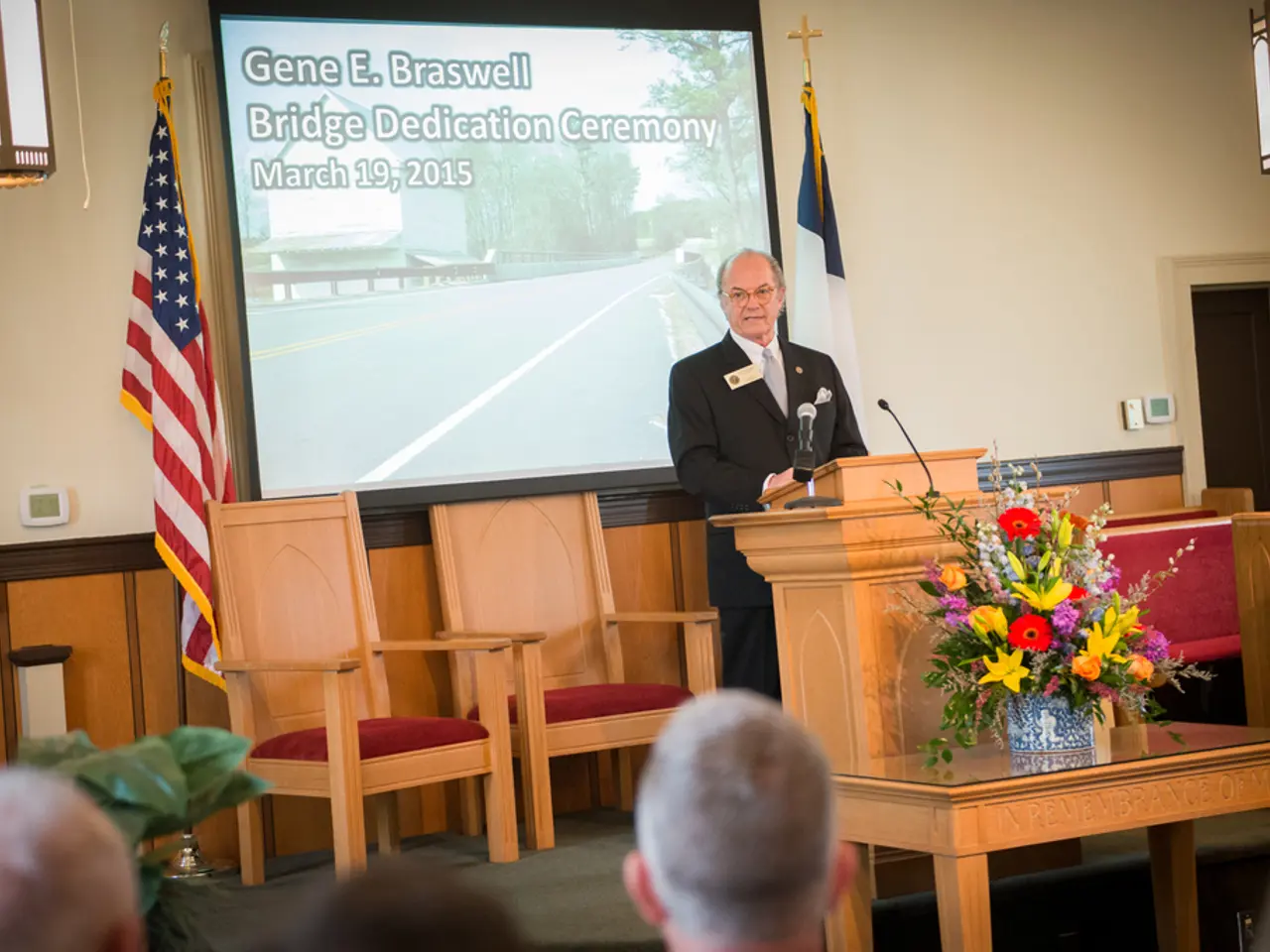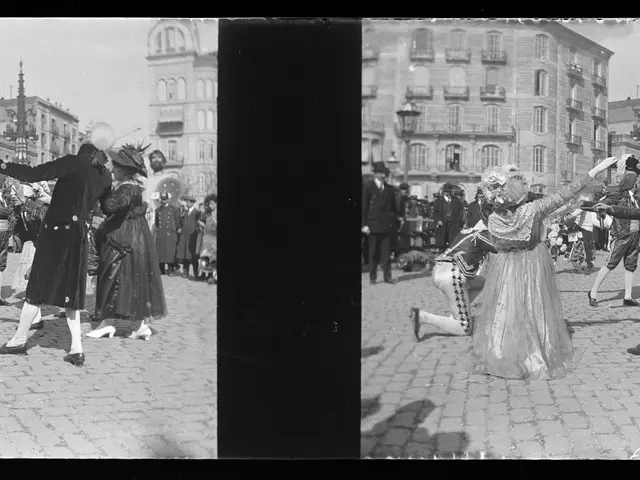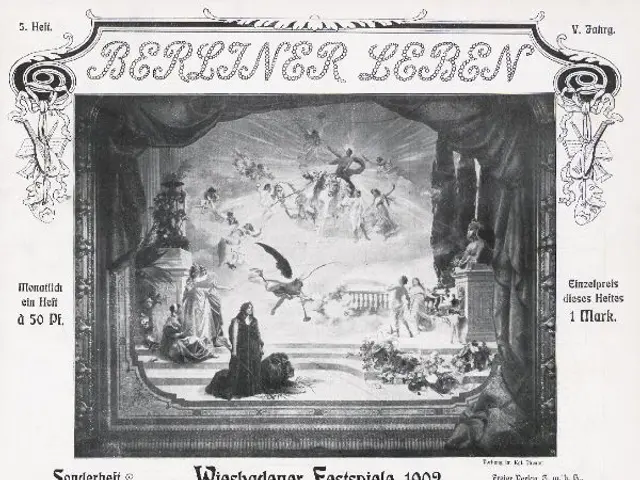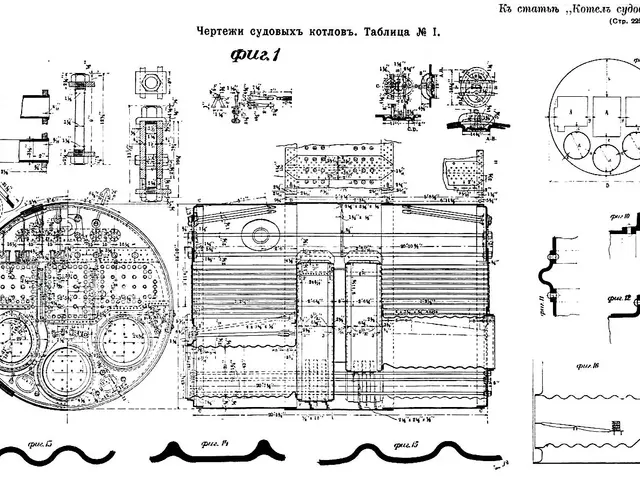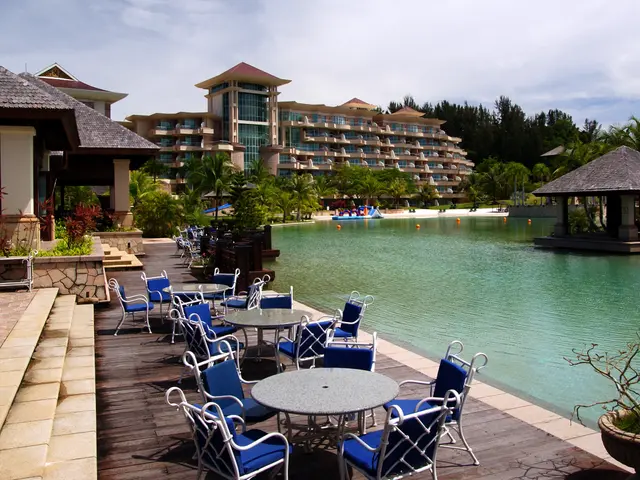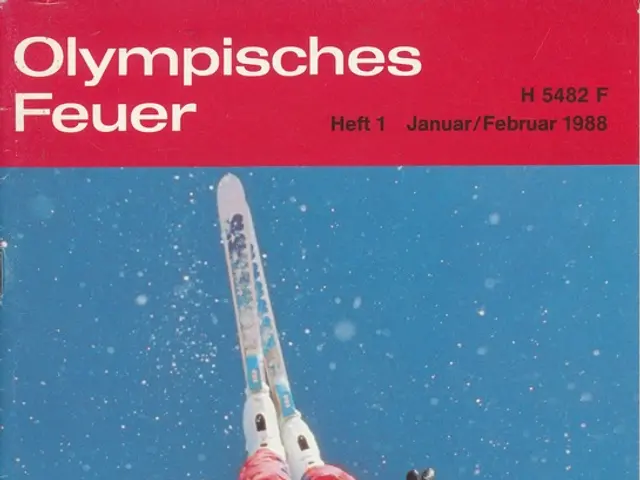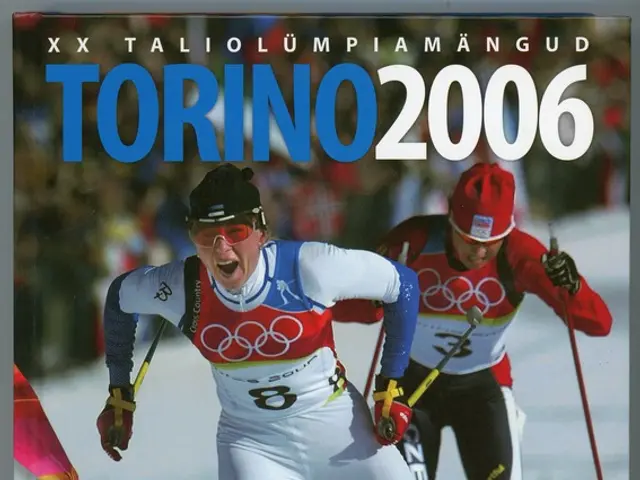Bild's former editor-in-chief, Tanit Koch, assumes the role previously held by Julia Ruhs.
In a move that has sparked controversy, the Norddeutscher Rundfunk (NDR) has dismissed Julia Ruhs as the moderator of the debate show 'Klar' after three trial broadcasts. The decision has caused a stir both within and beyond the station's borders.
The show, intended to tackle controversial topics in society and politics, has been a source of contention within the NDR, with around 250 employees signing an open letter distancing themselves from the show. Criticism was particularly strong from the Union fraction, who criticised a 'lack of balance,' an 'overload with individual topics,' and 'too strong an emotionalization.'
Tanit Koch, who has worked as an author for the magazine Focus and previously worked as editor-in-chief of the Bild newspaper and at RTL, has been hired as Ruhs' successor for the NDR episodes of 'Klar.' Koch will also be editorially involved in the format of the show.
Juliane von Schwerin, deputy program director at NDR, believes that Koch's diverse experiences and perspectives fit well with 'Klar' and strengthen the profile of the format. Tanit Koch herself is pleased to co-moderate 'Klar' with Julia Ruhs.
Culture Minister Wolfram Weimer (independent) stated that the dismissal of Ruhs strengthened the impression of one-sidedness in public broadcasting. The federal chairman of the German Journalists' Association (DJV), Mika Beuster, criticized the 'interference' of politics in the process. Beuster also warned against allowing hate comments and threats to set societal standards, stressing that such intimidation must not become normalized.
The Committee, in response to the attacks from the Union, referred to the constitutionally guaranteed freedom of broadcasting and the editorial independence of the station. Beuster also criticized the threat to freeze the broadcasting fee as pure blackmail and unconstitutional. The Editorial Committee of the NDR demands a swift clarification regarding the moderation of the show 'Klar.'
There is a great need for information among the employees about the continuation of the format of 'Klar.' The committee's statement includes a request for information about the background and details, as well as protection of the public reputation of the Norddeutscher Rundfunk.
The show will be continued jointly by NDR and BR, with Ruhs moderating only the BR episodes. Linnemann, the CDU General Secretary, demanded that the broadcasting fees be frozen at their current level to force reforms in public broadcasting, describing the NDR's approach as a 'low point in debate culture.' However, the committee maintains that questions about moderation and the design of station formats lie solely with the NDR, 'independently and free from political influence.'
Read also:
- Eighteen-Year-Old Speaks Out Against Lowering Voting Age to Sixteen
- King Charles's body language analyst dissects signs of apparent 'impatience' exhibited by Charles towards Trump
- Mohammad Yousuf publically labeled Suryakumar Yadav as a "pig," an unusual slur Yousuf explained.
- Today's most impactful photographic moments
